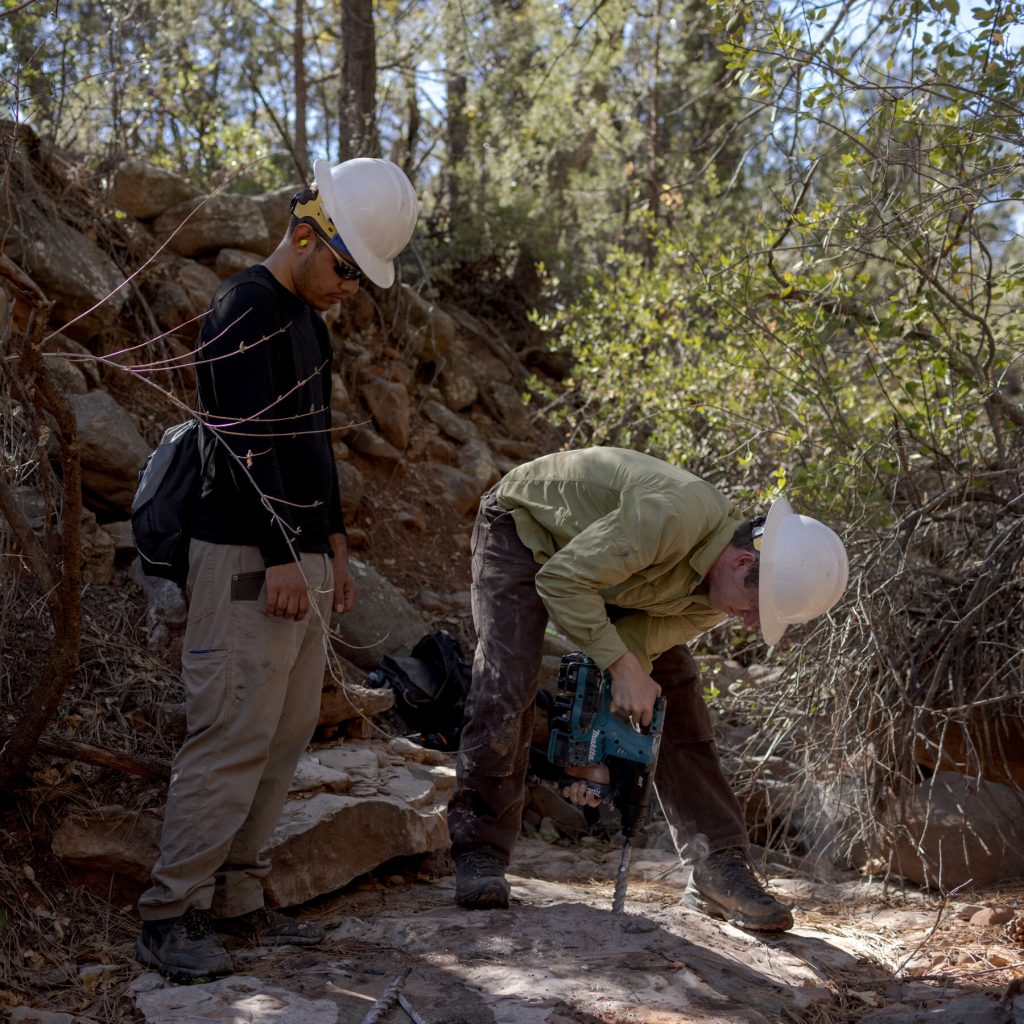Post-Fire Debris Flow Risk Rising in a Changing Climate

As the world grapples with the increasing frequency and severity of wildfires, a new study in the U.S. Southwest has shed light on a critical, yet often overlooked, consequence of these blazes: post-fire debris flows. These hazardous events occur when heavy rainfall, often following a wildfire, causes a torrent of water, ash, and debris to sweep through burned areas, threatening lives, infrastructure, and ecosystems.
Researchers have long known that wildfires can significantly increase the risk of debris flows, but a changing climate is expected to exacerbate this risk. As global temperatures continue to rise, the U.S. Southwest and other regions are likely to experience more frequent and intense wildfires, as well as more extreme precipitation events. This perfect storm of conditions could lead to a surge in post-fire debris flows, making it essential to develop more effective strategies for mitigating and preparing for these disasters.
The study, which focused on the U.S. Southwest, used advanced computer models to analyze the complex relationships between wildfires, climate change, and debris flows. By examining historical data and simulating future scenarios, the researchers were able to identify areas that are most vulnerable to post-fire debris flows and predict when and where these events are likely to occur.
The findings have significant implications for emergency management and conservation efforts. By providing more accurate and localized predictions of post-fire debris flow risk, the research could help emergency responders and communities prepare for and respond to these hazards more effectively. Additionally, the study’s results could inform land use planning, forest management, and restoration efforts aimed at reducing the risk of debris flows and promoting ecosystem resilience.
As the world continues to navigate the challenges of a changing climate, this research serves as a critical reminder of the need for proactive and coordinated approaches to disaster risk reduction. By expanding our understanding of post-fire debris flows and other climate-related hazards, we can work towards saving lives, protecting communities, and preserving the natural environment.







İklim değişikliği nedeniyle yangın riskinin artması, sonrasında ise toprak kaymaları ve sellerin meydana gelmesi gerçekten endişe verici. Bu tür araştırmalar ve hazırlık çalışmalarına önem vermeliyiz.
Doğal afetlerin artmasıyla birlikte toplum olarak daha fazla bilinçlenmemiz gerekiyor. Bu çalışma, riskleri öngörmemize ve önlemler almamıza yardımcı olabilir.
Araştırma sonuçları, afet yönetimi ve koruma çalışmalarında önemli bir kaynak olabilir. Umarım bu tür çalışmalar devam eder ve toplumumuz daha güvenli bir gelecek için çalışır.
İklim değişikliğinin etkileri her geçen gün daha da belirginleşiyor. Bu tür araştırmalar, riskleri azaltmak ve toplumları korumak için büyük önem taşıyor.
Post-fire debris flow riskinin artması, özellikle güneybatı ABD gibi bölgelerde ciddi bir sorun. Bu çalışmanın sonuçları, benzer risklere sahip diğer bölgeler için de önemli olabilir.
Bu tür araştırmalar, afet risklerini azaltmak için stratejiler geliştirmemize yardımcı olabilir. Umarım bu çalışma, gelecekteki afetlere karşı hazırlıklı olmamıza katkı sağlar.
İklim değişikliğinin etkilerini azaltmak için toplu olarak çalışmalıyız. Bu çalışma, bu yöndeki çabalarımıza önemli bir destek olabilir.